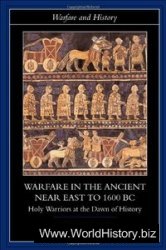As a Marxist movement, Chinese communism considered religious belief and worship to be superstitions deliberately cultivated by the exploiting classes to suppress the people. Mao Zedong expressed his strong personal antipathy towards religion by describing it as poison and comparing the Christian missionaries in China to the Nazis in Europe. It was little surprise, therefore, that in 1950 a major campaign against religion was begun. The official justification was that, now that the workers were in power, religion had no purpose since the people no longer needed such escapism. Religious worship had now to be replaced by loyalty to the Communist Party and the state. The traditional Chinese beliefs, Buddhism and Confucianism, were forbidden to be openly practised as were the major foreign religions, Christianity and Islam. Priests, monks and nuns were prohibited from wearing their distinctive dress; disobedience led to arrest and imprisonment. Churches and mosques were closed, their property seized and their clergy physically abused. Foreign clergy were expelled from China.
Wall posters, the traditional way by which Chinese governments spread their propaganda, and loudspeakers at every corner kept up a running condemnation of religion. Slogans proclaiming the virtues of the new Maoist China were to be seen everywhere. China became a slogan-ridden society. The slogans were more than simply a way of exhorting the comrades to ever greater efforts; they were a means of enforcing solidarity and conformity.




 World History
World History









